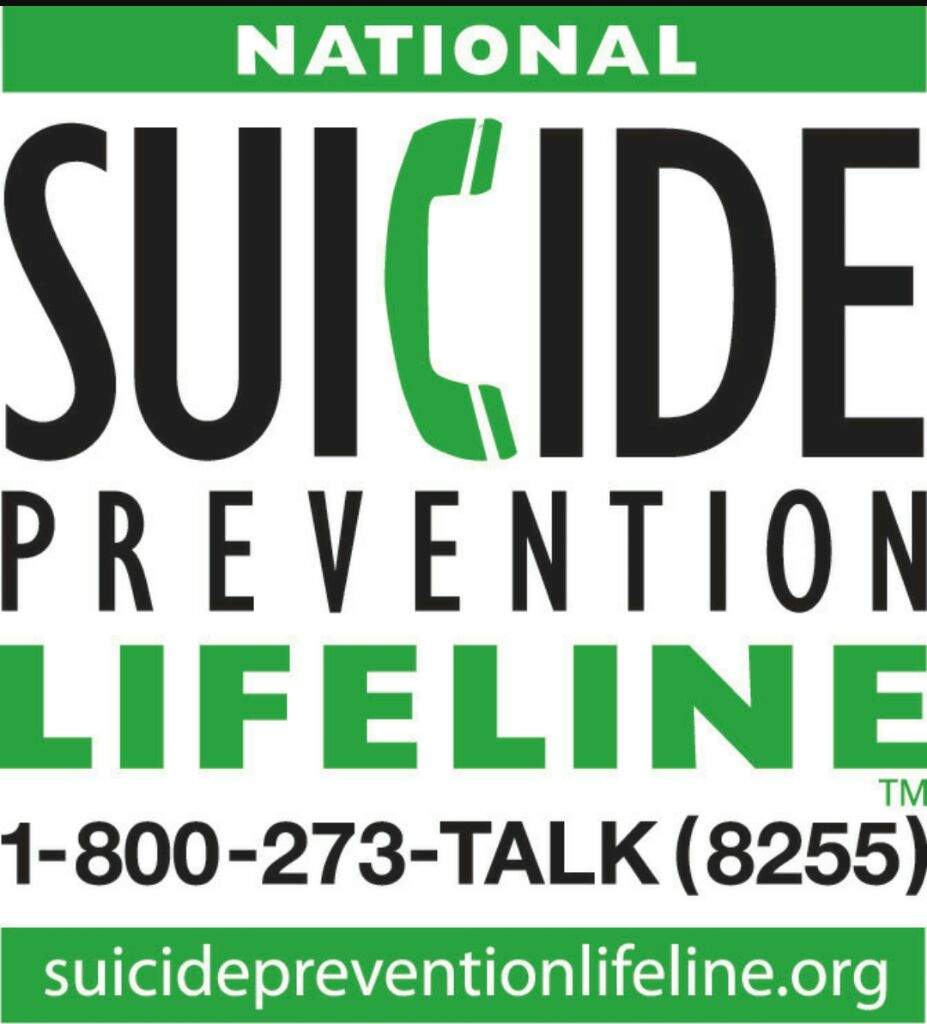I recently spoke at a church about suicide and sin. We wrestled over the word “capacity.” At what point does a person’s brain choose for them? Where is the line between sin and a lack of ability? For some, suicide is a deliberate choice made out of desperation. For others, it is final escape from years of being worn down by mental illness. Still others commit suicide in the midst of a psychotic break. Often, unsuccessful attempts are deep cries for help.
One of the things I find most heartbreaking when a public figure dies by suicide is that the world rushes in to judge what happened. I did not know Kate Spade or Anthony Bourdain. I did not know Robin Williams. I cannot speak to the lives they were living or what they may have been going through. But I once sat with a woman living in poverty in a trailer park in Missouri as she got her stomach pumped in the ER. I have comforted children who had already reached places of pain so deep that they had begun to self-mutilate. I have written safety plan after safety plan to help my clients develop options to keep living. I have asked people their reasons for keeping on going. I have listened to people’s “fool proof” plans to kill themselves that in a way brought comfort and a sense of control to them. I have made practice calls with my clients to suicide hotlines in order to break the barrier that might exist in the midst of crisis.
If you have not had the privilege of walking alongside people in their journeys of pain, then you may want to label their experiences. Often, as Christians, we have a certain theology to maintain and we try to fit stories (from “out there”) into our existing worldview. I would challenge you to consider letting the experiences of others shatter your worldview. Broaden your concepts of sin and disease. Step into the heart, mind, and soul of someone who is feeling so lost, desperate, or depressed that death sounds better than life. Develop authentic relationships with people who are different from you. Being a non-judgmental friend just might save somebody’s life.


As I read about the choices that people make to commit suicide and others that fight to stay alive as a result of cancer and other debilitating illnesses I wonder, is mental illness a new norm in our society? In whatever state you are in, be content with much or with little.
Thanks for the comment. Dr. Matt Stanford once made a remarkable statement about this: mental illness is the only category of illness in which the disordered part of the body is also the part making the decisions. Both for treatment and in suicide, the disorder of the brain can create a scenario in which it is the disorder, not the person, bringing about suicide. I have known many people with crippling depression who either attempt suicide or are hospitalized to keep them safe, and once stabilized they are very often overwhelmed at how close they were to death even though when stable they want to live. There are other cases of suicide that are not driven by mental illness (such as someone who is in sudden financial ruin or caught in an affair, etc), and perhaps those are more of a choice in a sense. But when people are well, they want to live.
Great piece. This subject has always been very confounding for me. I do believe that from a psychoneurological perspective when issues particularly of psychosis and physical disease are cojoined brain chemistry will change and can create detrimental choices of which decissions may spawn from. The sin aspect drawing from a legalistic perspective dictates thst suicide is killing which is a mortal sin, but then how, if one’s brain chemistry is altered is one culpable for the action, hmmmm?
I’m so thankful for this article because this is something I have been trying to educate people about. Most of the time, suicide is not a choice, and most people don’t understand that.
Thank you so much! Ive integrated your On Edge materials to the Hope for Mental Health group I facilitate at my church. Simply put Im a christian who has OCD. My desire is to let others know their not alone and to encourage them to live.
I appreciate this read is a good one.
It is a bit concerning that society/ church community does not see mental health issues as saving souls or winning souls for Christ. Where is the Colossian1:27 (ERV) being practiced.
May God help us renew our minds so we can see we are tools for helping others choose life and help them chose the strength to live.